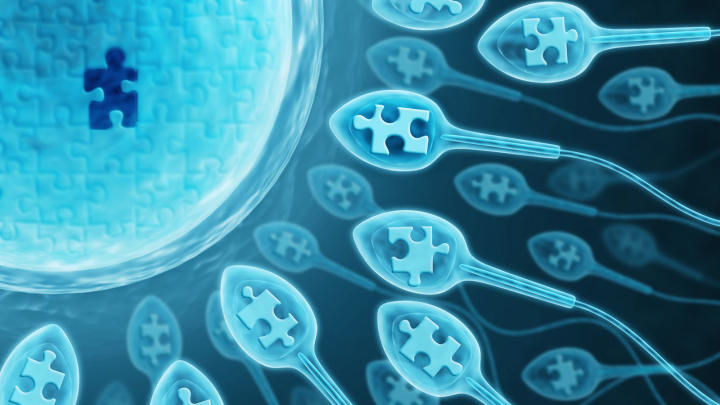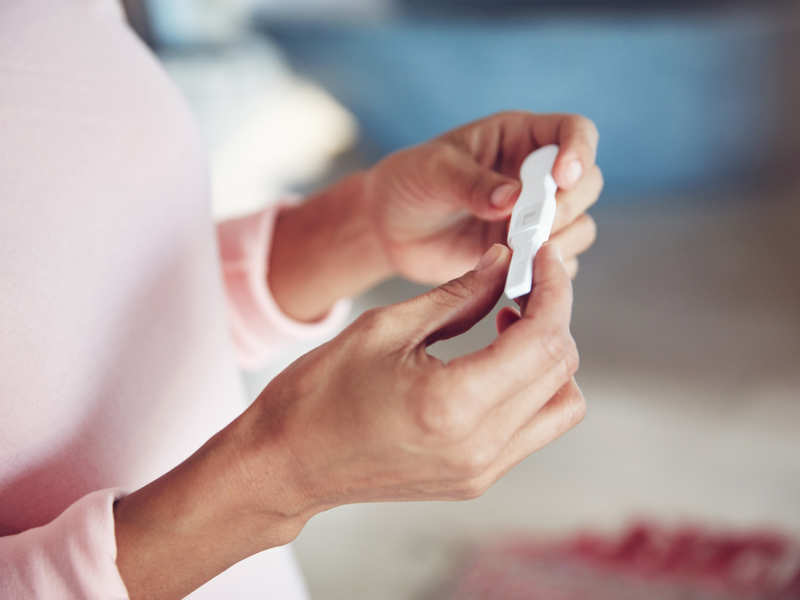fertility tests for men
Fertility Tests for Men: Options and How They Work
Many infertile couples have more than one cause of infertility, so it's likely you will both need to see a doctor. It might take a number of tests to determine the cause of infertility. In some cases, a cause is never identified.
Infertility tests can be expensive and might not be covered by insurance — find out what your medical plan covers ahead of time.

Diagnosing male infertility problems usually involves:
- General physical examination and medical history. This includes examining your genitals and asking questions about any inherited conditions, chronic health problems, illnesses, injuries or surgeries that could affect fertility. Your doctor might also ask about your sexual habits and about your sexual development during puberty.
- Semen analysis. Semen samples can be obtained in a couple of different ways. You can provide a sample by masturbating and ejaculating into a special container at the doctor's office. Because of religious or cultural beliefs, some men prefer an alternative method of semen collection. In such cases, semen can be collected by using a special condom during intercourse.
Your semen is then sent to a laboratory to measure the number of sperm present and look for any abnormalities in the shape (morphology) and movement (motility) of the sperm. The lab will also check your semen for signs of problems such as infections.
Often sperm counts fluctuate significantly from one specimen to the next. In most cases, several semen analysis tests are done over a period of time to ensure accurate results. If your sperm analysis is normal, your doctor will likely recommend thorough testing of your female partner before conducting any more male infertility tests.
Your doctor might recommend additional tests to help identify the cause of your infertility. These can include:
- Scrotal ultrasound. This test uses high-frequency sound waves to produce images inside your body. A scrotal ultrasound can help your doctor see if there is a varicocele or other problems in the testicles and supporting structures.
- Transrectal ultrasound. A small, lubricated wand is inserted into your rectum. It allows your doctor to check your prostate and look for blockages of the tubes that carry semen.
- Hormone testing. Hormones produced by the pituitary gland, hypothalamus and testicles play a key role in sexual development and sperm production. Abnormalities in other hormonal or organ systems might also contribute to infertility. A blood test measures the level of testosterone and other hormones.
- Post-ejaculation urinalysis. Sperm in your urine can indicate your sperm are traveling backward into the bladder instead of out your penis during ejaculation (retrograde ejaculation).
- Genetic tests. When sperm concentration is extremely low, there could be a genetic cause. A blood test can reveal whether there are subtle changes in the Y chromosome — signs of a genetic abnormality. Genetic testing might be ordered to diagnose various congenital or inherited syndromes.
- Testicular biopsy. This test involves removing samples from the testicle with a needle. If the results of the testicular biopsy show that sperm production is normal your problem is likely caused by a blockage or another problem with sperm transport.
- Specialized sperm function tests. A number of tests can be used to check how well your sperm survive after ejaculation, how well they can penetrate an egg, and whether there's any problem attaching to the egg. These tests aren't often used and usually don't significantly change recommendations for treatment.
- ۱ نظر
- 05 November 21 ، 09:13
- ۲۰۱ نمایش










